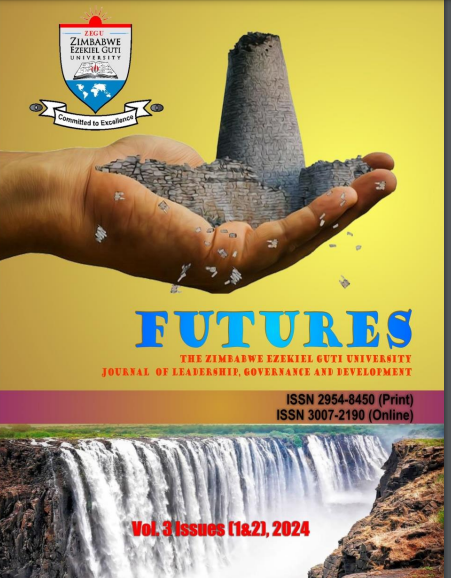Contextual Analysis of poverty in Zimbabwe
DOI:
https://doi.org/10.71458/ym1hvh07Keywords:
poverty, Neoclassical theory, classical theory, , development, development, policies, egalitarianismAbstract
To effectively analyse economic causes and propose potential solutions to the problem of poverty, the article starts the review by outlining available working historic, contemporary economists‘ and contemporary institutions‘ definitions of poverty. It proceeds to the characteristics of the Third World and shows the treatment each of the definitions receives under different analytical perspectives. The views on the responses to poverty by the different schools of thought are highly influenced by the definition that each of them utilises. After the provision of 12 definitions of poverty and the characteristics of the Third World, this essay provides a critical analysis divided into sections describing the broad economic frameworks to which each of the poverty theories belongs. It begins with the treatment of poverty by the classical and neoclassical schools, then proceeds to those theories that emerged partially as a reaction to the assumptions, hypotheses and conclusions derived by the classical economists. Within this group of theories are those which accept and depart from the foundational premises of classical economics but introduce several novelties, namely the theories of economic liberals, such as Keynes and those that examine the problem from a completely dissimilar perception of the socio-economic system, namely the radical economic theorists, such as the Marxists




